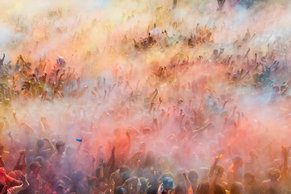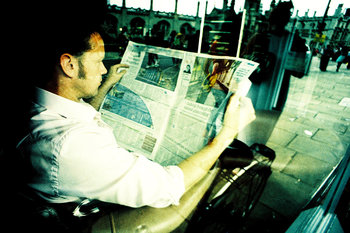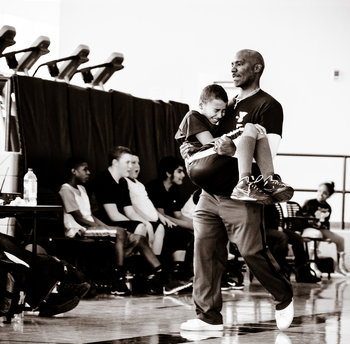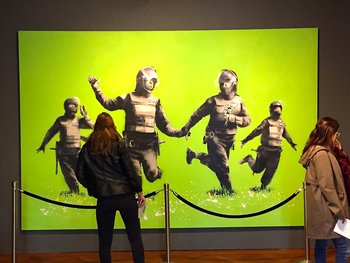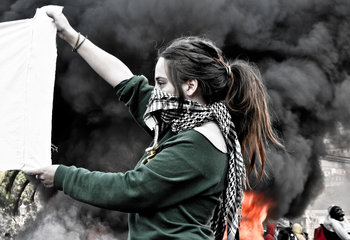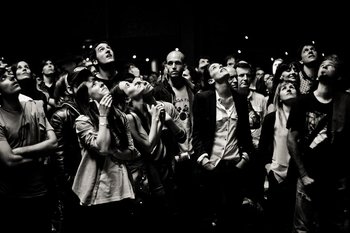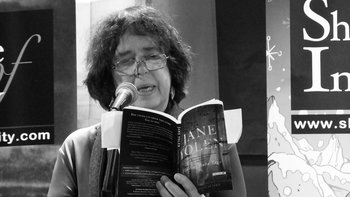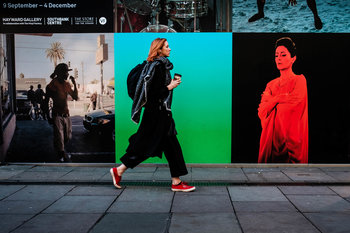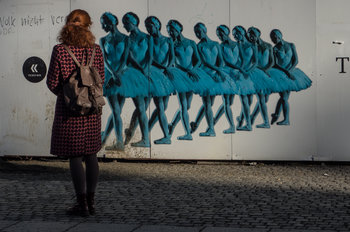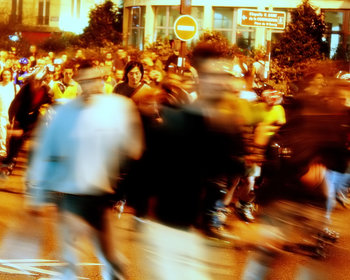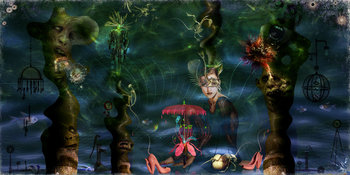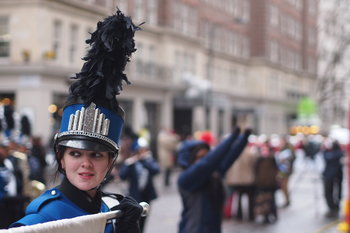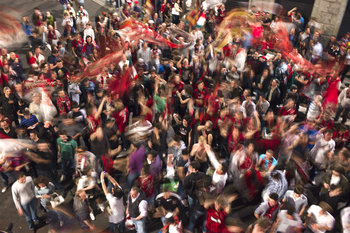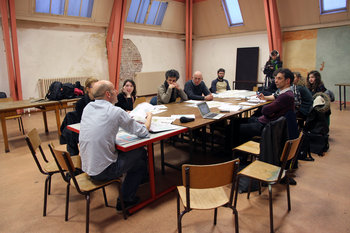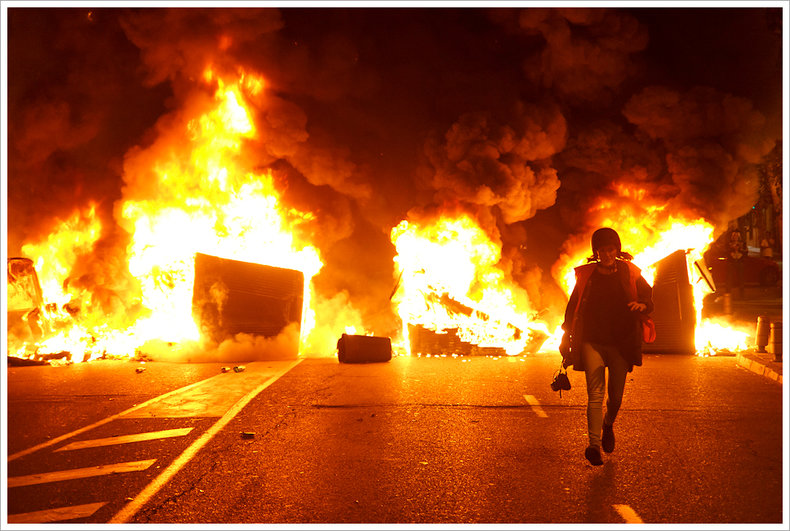
Media Monopolies
Freedom of the press only applies to those who own a press. It is not construed as a right for an author or journalist to be published by those who control media. It is expensive to found and operate a media outlet such as a television network, newspaper or social media platform. As such, it is common for the media to be controlled by a small elite who may go to great lengths to maintain this control such as buying up key IT infrastructure.State Media
In many cases, the state may control media such as television, newspapers and social media. This takes away freedom of the press by not allowing anyone to own a press.Small Press
Small press and small publishing are a way for anyone to exercise their right to freedom of the press. This became far cheaper and more powerful with the commercialization of the internet in the mid-1990s. This may eventually challenge the dominance of media monopolies that may own key infrastructure such as telecom networks. As such, freedom of the small press relies on competition laws that prevent monopolies from abusing their position.Protection of Journalists
Freedom of the press requires protections for journalists from any media outlet, small or large, that allows them to take all steps necessary to freely report on events. It is common for nations to prevent freedom of the press by harassing, detaining, imprisoning or harming journalists.Self-Censorship
It is common for the state to create intimidating laws such as overly broad and vague state secrecy laws designed to push the press into a state of self-censorship. A process of cronyism may also be used by a state to silence critics in the press. For example, a prime minister of a nation who has dinner with a media owner where the next day a vocal critic in the press is fired.Reporter's Privilege
Reporter's privilege is a journalist's protection under constitutional and statutory law in the United States from being compelled to testify about confidential information or sources. In other words, anonymous sources have some protections in the United States that can be viewed as an element of freedom of the press.Classified Information
Nations classify information as secret such that it can't be disseminated by the press without violating serious laws related to espionage. Societies typically deem this a reasonable restriction on freedom of the press.Freedom of Information
Freedom of information is a right to an open and transparent government that shares information and data unless it is subject to national security laws or other restrictions such as privacy rights. This is a distinct right from freedom of the press that is nonetheless critical to media freedoms.Whistleblower Protection
Laws that protect government employees who expose government violations of laws, rules and policy. This may also apply to exposing mismanagement, gross waste of funds and failures of risk management in areas such as public health and safety. A separate protection from freedom of the press that is relevant to the protection of sources.Freedom of Speech
Freedom of speech is the right of an individual to express opinions and share information even if this is considered objectionable by a majority. This may be applied to the use of media such as social media by individuals such that it resembles freedom of the press. However, freedom of the press only applies to those who own a press. As such, by owning your own media outlet such as a website or blog an extended set of protections may apply as opposed to posting to media you don't own.Democracy
A full democracy requires the free flow of information and opinion. Where there is no freedom of the press, a democracy is only considered a partial democracy. A democracy is more than the act of voting.| Overview: Freedom Of The Press | ||
Type | ||
Definition | The right to express opinions and share information freely using media and the right to receive such publications. | |
Also Known As | Media Freedoms | |
Related Concepts | ||



